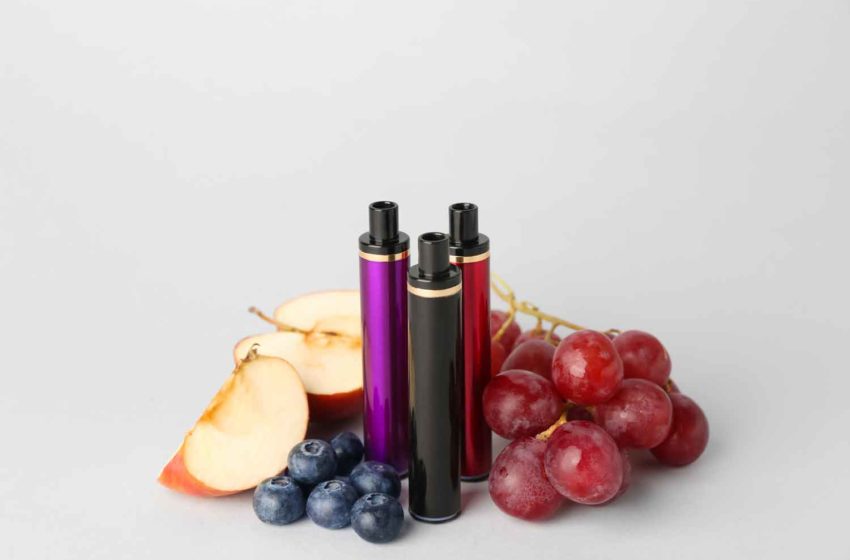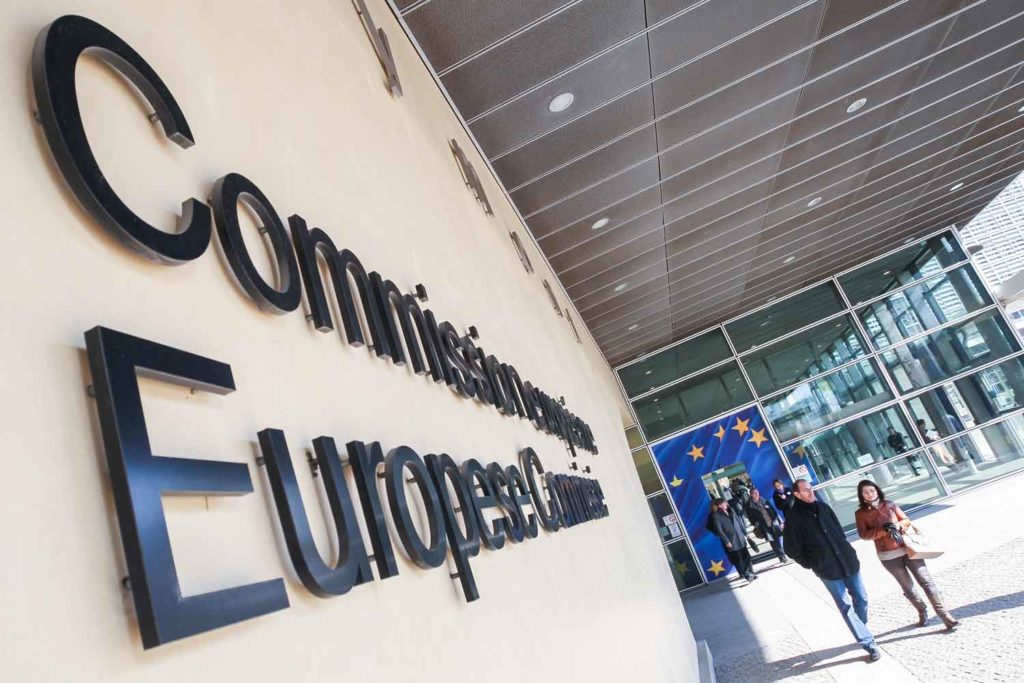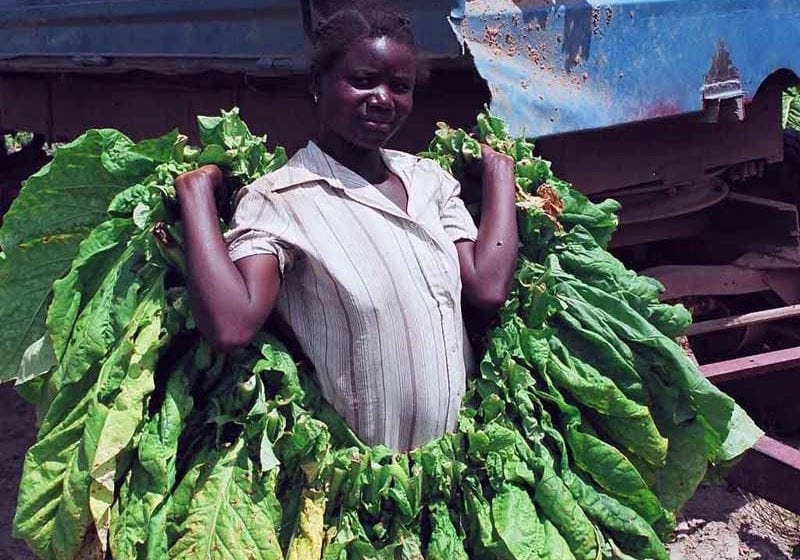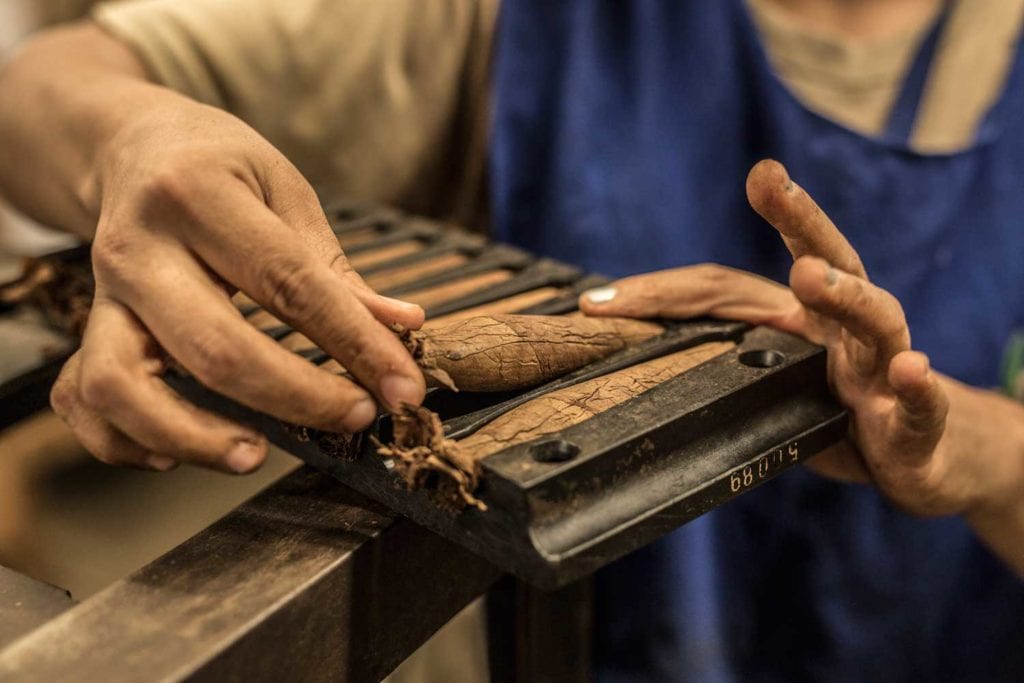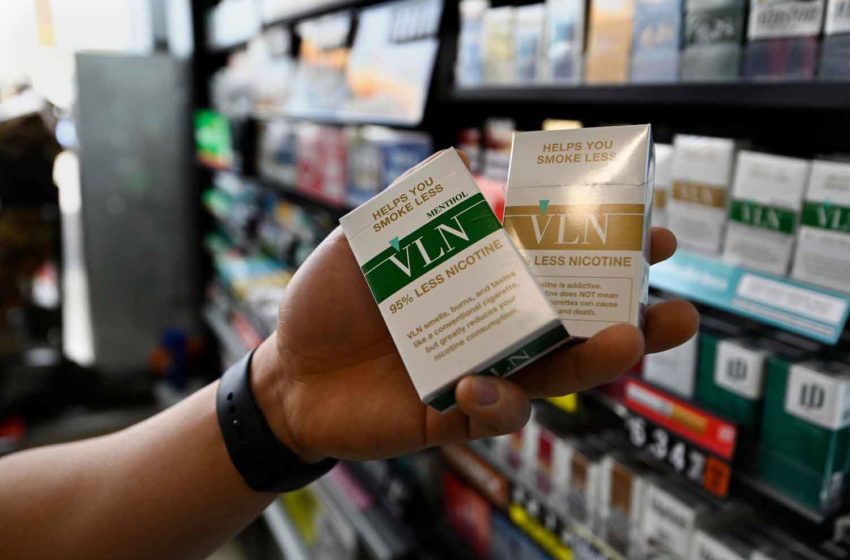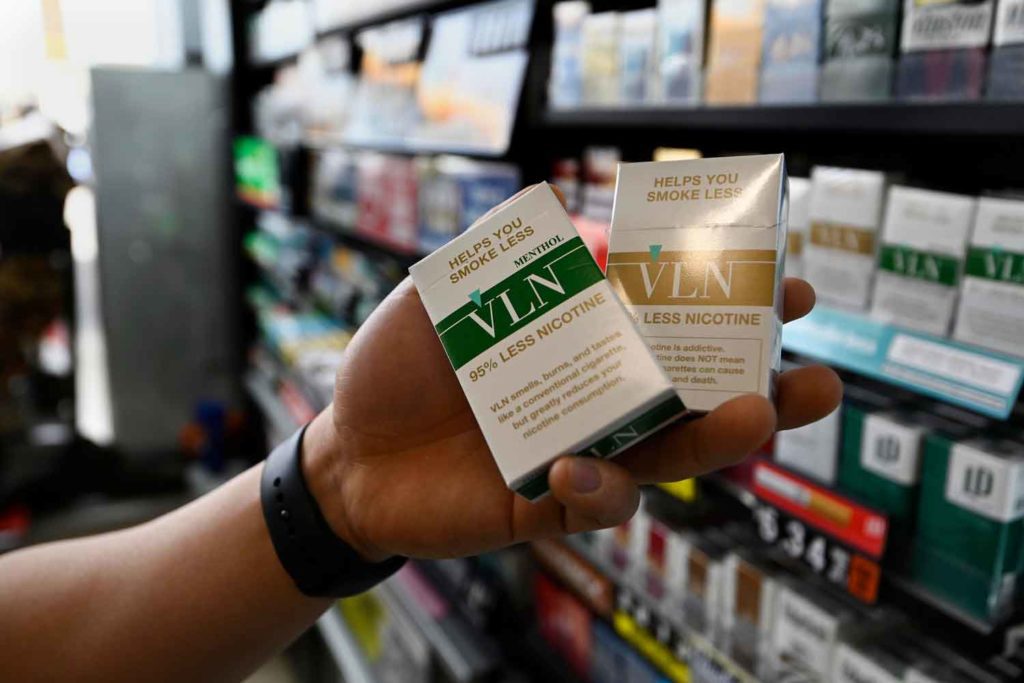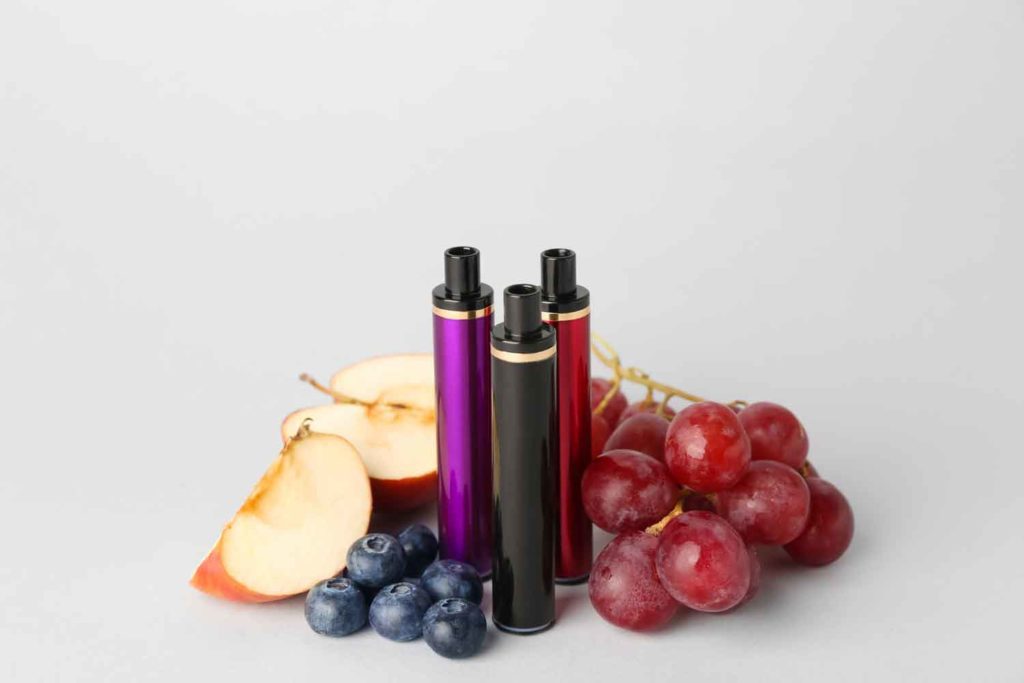
Restrictions on the sale of flavored tobacco products were not associated with a decrease in current or ever e-cigarette use among high school students in the California Bay Area one-year after their implementation, according to a new study.
Researchers analyzed data from the California Healthy Kids Survey to look at e-cigarette use among high-school students in the California Bay Area. They compared changes in e-cigarette use between 2018 and 2019 among students attending school in a city with a flavored e-cigarette ban and students attending school in a city without a flavor ban.
The researchers concluded that flavored vape bans “did not significantly change” the odds of current and ever e-cigarette use among students.
Vapor industry advocates contend that flavor bans have negative consequences for public health because flavors are essential for adults trying to quit smoking. State finances are impacted by flavor bans as well. For example, Massachusetts’ ban on flavored vaping and tobacco products is costing the state an estimated $10 million in revenues each month, according to Americans for Tax Reform.

